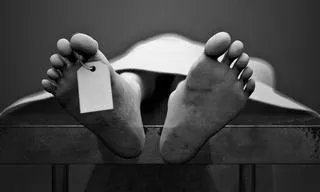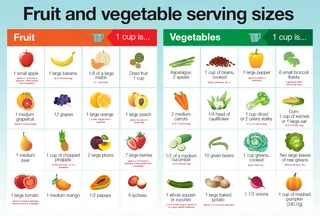I know I am not alone in thinking about my own mortality. It sort of creeps up on you as the years tick by. A year like 2016, when so many celebrated, famous people shuffle off this mortal coil certainly doesn’t help! And I woke up this morning to find out that the wonderful Stephen Hawking finally succumbed to his terrible health issues. I feel genuinely bereft at his passing.

This got me thinking about the theory of microlives, suggested by David Spiegelhalter. In essence, it starts a clock ticking at a specific age (22 for men, 26 for women), when predicted lifespans suggest that each gender has five hundred thousand hours left. It then splits these in two, meaning that, on average, at those ages, each of us has a million microlives left.
It works like this: do something that is contrary to your long term health – like smoke a cigarette, and you lose half a microlife. Do something that is the opposite – drink one unit of alcohol (yay!), and you gain one. Does this mean you can get drunk every night? Of course not! The first drink gives you a tick in the credit column. Every subsequent drink gives you half in tick in the debit one. You didn’t really think that I was giving you a golden ticket to wineville, did you?

It’s an interesting theory, I think. Here is a flavour of the good and the bad to develop the idea:
For every 5kg a person is over their ideal weight - minus 1 microlife every day. Simply by existing!
2 hours television – that’s a minus 1!
A portion of red meat (that’s just 85g – about one sausage) – another minus one.
2-3 cups of coffee – plus one. That’s a huge relief!
5 portions of fruit or vegetables – plus 4 for men, plus 3 for women.
20 minutes of moderate activity – plus 2.
The list goes on, but I am sure you get the drift. Of course, in many respects, this is a deeply flawed idea. Life doesn’t work in such a linear way. You could closely monitor someone throughout the course of their life, and there is very little chance that you could accurately predict when they will meet their maker/disappear into nothingness (delete as applicable or add your own option) using this theory.
I doubt that even Mr Spiegelhalter would try and argue that it would work like that.

On the other hand, this notion of microlives could make an individual think about how they are living their life. It has certainly made me consider certain habits that I have. The benefit of eating five portions of fruit/veg has been lauded for years, but the figures here really show how important it is. I go through fits and starts with this, but like a lot of people, I am lazy and complacent, and there is really no excuse for it. I am fortunate enough to live in a country where fresh produce is inexpensive and plentiful, and I absolutely take it for granted.
It's the same with exercise, too. It would appear that if I eat the fruit and vegetables and do a little exercise, I can add three hours to my life, every single day. And this means I can smoke a few cigarettes and have a few drinks and be even!
It’s a win/win!
I may have confused the message there…
